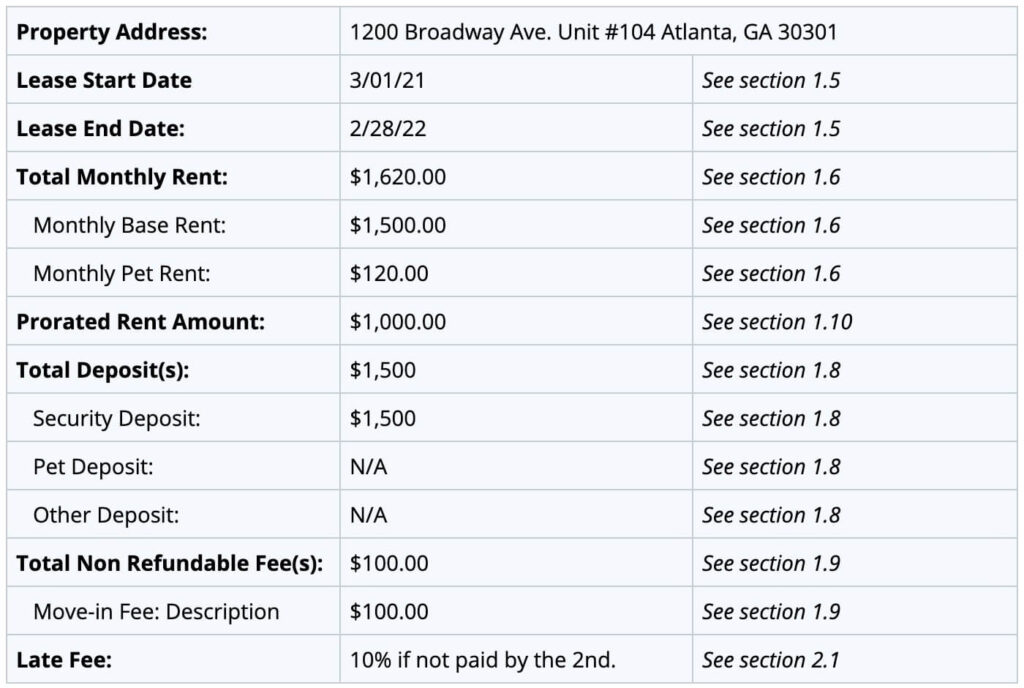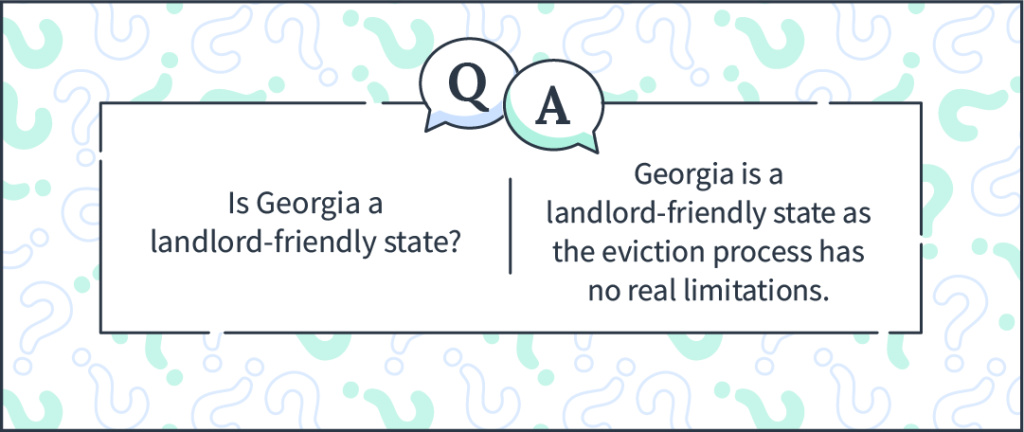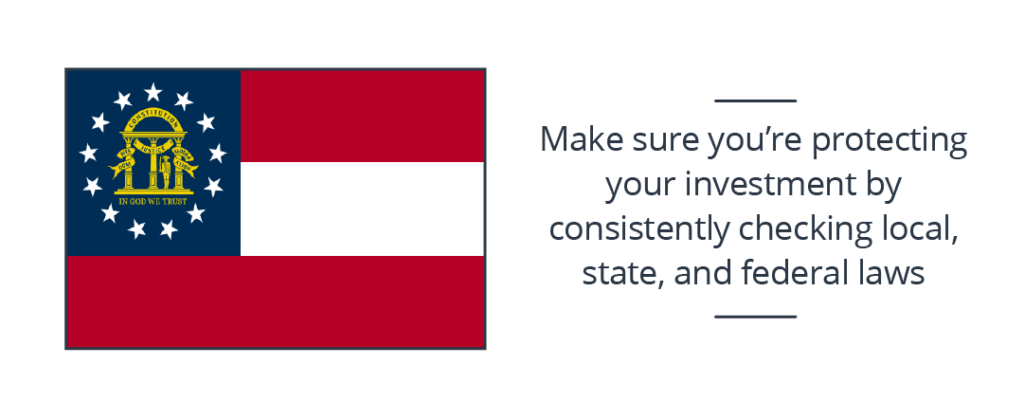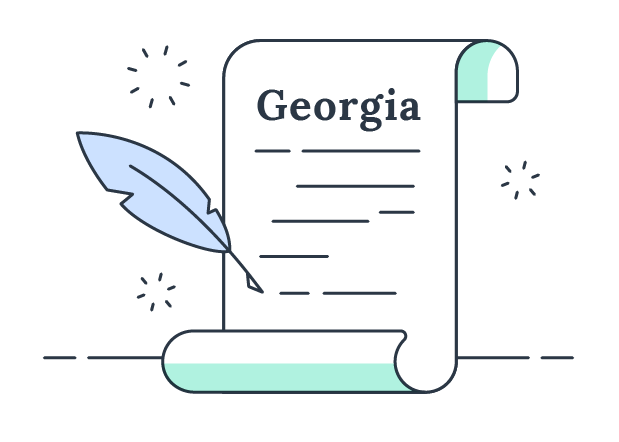Table of Contents
- Georgia Renters’ Rights and Landlord Responsibilities
- Georgia Landlords’ Rights and Tenant Responsibilities
- Rental Application and Screening Fees
- Criminal Background Checks
- Security Deposit
- Entry
- Disclosures
- Georgia Lease Agreement Sample
- Georgia Landlord-Tenant Law FAQ
- Due Diligence and Georgia Rental Laws
- Georgia Landlord-Tenant Law Resources
Georgia is one of the top states for real estate investment because of the low cost of living. Plus, it doesn’t hurt that over 30% of the population are renters. Georgia is an ideal place for a relocation because there is a spot for everyone; suburbs for families, big cities with nightlife, and small towns with access to all the natural amenities Georgia offers.

Laws that impact the rental market, landlords, and tenants are constantly being decided in states. Make sure you know what’s on your ballot – find Georgia voting information.

Georgia Renters’ Rights and Landlord Responsibilities
- Must return security deposit within 30 Days
- Landlords may charge whatever they deem suitable for rent
- No notice of entry required
- Repair and deduct laws in place
When it comes to Georgia rental laws, there are a few specifics landlords need to know:
- Security Deposit – Georgia does not have a limit for what landlords may charge for the security deposit; however, landlords are required to return the deposit within 30 days of the tenant moving out.
- Rent Related Fees – Landlords may charge whatever they deem acceptable for rent. There are also no limits for rent increases or what may be charged as a late fee.
- Notice of Entry – Georgia does not require a notice for a landlord to enter the property; however, 24 hours is typically considered reasonable.
- Repair and Deduct – Georgia tenants are not allowed to outright withhold rent for habitability issues. However, if a landlord fails to make necessary repairs in a sufficient amount of time, tenants may pay for the repairs themselves and take that cost out of their next rent payment.
Georgia Landlords’ Rights and Tenant Responsibilities
- Tenants may legally end a lease early if they are a victim of domestic violence
- Tenant must maintain the property
- No specific abandonment laws
- Tenant Must Maintain the Property – It is a tenant’s responsibility to maintain the rental property by keeping it clean and clear of hazards. It is also a tenant’s responsibility to be respectful of all neighbors and keep all the fixtures well maintained.
- Terminating a Lease Early – Landlords must always give a 60-day notice before terminating a lease. Tenants may terminate a lease early if they are called for military service, if they are victims of domestic violence, or if the unit is uninhabitable.
- Property Abandonment – Georgia doesn’t have any specific abandonment laws when it comes to rental property.
Rental Application and Screening Fees
- HUD (Federal) laws do not classify criminal backgrounds as a protected class, but making a decision to rent based off a criminal background alone could lead to a discrimination charge as it impacts certain protected groups of people disproportionately.
- However, if the criminal background check revealed a crime for the manufacture and distribution of drugs, homicide and/or stalking, denying the application is allowed.
- Landlords should have a consistent and equal policy or procedure in place to follow regarding criminal background checks so as not to discriminate against one class of people over another.
- HUD states that a landlord cannot ask about arrest records, only convictions, as innocent people are commonly arrested though the situation may not have resulted in a conviction.
- Some municipalities may have written their own laws expanding onto what you can and cannot ask regarding criminal backgrounds during the tenant screening process.
Criminal Background Checks
The State of Georgia has no added laws or restrictions around the collection of criminal background checks. Adherence to general federal law is required. To avoid the perception of discrimination, make sure your screening criteria are stated and are consistent and equal for all groups of people.
Security Deposit
If a Georgia landlord owns more than ten rental units, the security deposit must be held in an escrow account with notification to tenants in writing.
Entry
There are no strict regulations on a landlord’s access rights in Georgia, so landlords and tenants are free to set reasonable terms of access and notification in their leases.
Disclosures
Georgia landlords must disclose flooding risk as applicable. Additionally, you must disclose if the property has flooded more than three times in the past five years.
Georgia Lease Agreement Sample
There are three sections to a residential lease agreement. The first section outlines the custom details of the contract, such as who’s involved and for what address. Here’s an example Georgia lease agreement listing details found in Section 1:
Georgia Landlord-Tenant Law FAQ
Below are answers to some of the most commonly-asked questions when it comes to landlord-tenant laws in Georgia:
Can You Withhold Rent in Georgia?
In Georgia, tenants cannot withhold rent for any reason. Tenants may only enact the repair and deduct statute to make repairs that the landlord has failed to make.
How Long Does it Take to Evict a Tenant in Georgia?
If a tenant fails to pay rent on time, a landlord may serve them an eviction notice as soon as the day after rent was due. From here, there is no set time frame as to how long a landlord must wait before filing an eviction lawsuit.
Is Georgia a Landlord-Friendly State?
Georgia is a landlord-friendly state. The eviction process has no real limitations, making it easy for landlords to amend any rent payment-related issues they have with tenants. Georgia also does not have any restrictions on how much they can charge for rent or security deposits.
What is the Eviction Process in Georgia?
The first step in the eviction process is to serve the tenant with a notice that explains how they violated the lease. There is no time requirement for the landlord to wait before filing the eviction lawsuit.
After the case is filed, the tenant will receive a copy and will have seven days to file an answer with the court. The summons will also have a date for a hearing where the judge will hear the landlord’s and tenant’s side of the case and then decide whether or not the tenant will be evicted.
How Much Notice Does a Landlord Have to Give a Tenant to Move Out in Georgia?
A landlord must give a tenant a 60-day notice before terminating a lease.
Due Diligence and Georgia Rental Laws
TurboTenant has utilized many municipal sources, along with official state statutes, in order to compile this information to the best of our ability. However, local laws are always in flux and landlords and tenants alike should do their due diligence and consult legal help when it’s needed. We hope the following list can serve as a valuable resource and allow you to succeed as a landlord or tenant in Georgia. Be sure to take proper precautions when it comes to finding the top candidates for your unit by utilizing our online rental application and tenant screening services.
Disclaimer: TurboTenant, Inc does not provide legal advice. This material has been prepared for informational purposes only. All users are advised to check all applicable local, state, and federal laws, and consult legal counsel should questions arise.
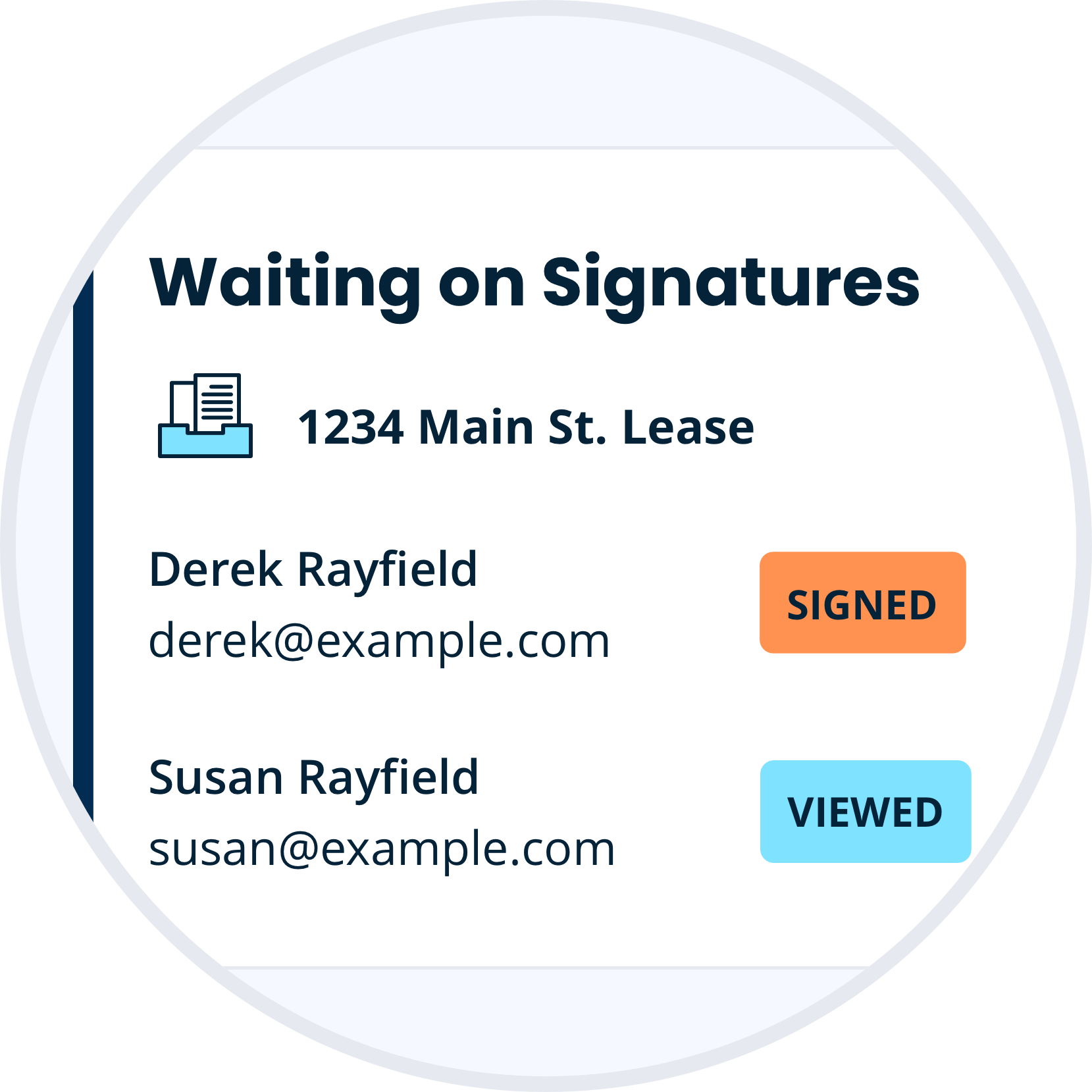
Unlimited Everything.
Create a single Georgia lease agreement, or subscribe and receive unlimited lease agreements, landlord forms pack, and e-signs for a simple annual fee. Be confident with all the legal forms and tools you need as a professional landlord.
Discover Our Unlimited PlanGeorgia Landlord-Tenant Law Resources
Georgia Fair Housing Resources
- The Georgia Fair Housing Act Brochure
- Landlord Guide to Section 8 Housing – Department of Community Affairs
- Local Tenant Rights, Laws, and Protections: Georgia
- HUD in Georgia
Other State Resources
Georgia Associations
Georgia City-Specific Housing Resources
Atlanta
Augusta
Fulton County
Federal Fair Housing Resources



